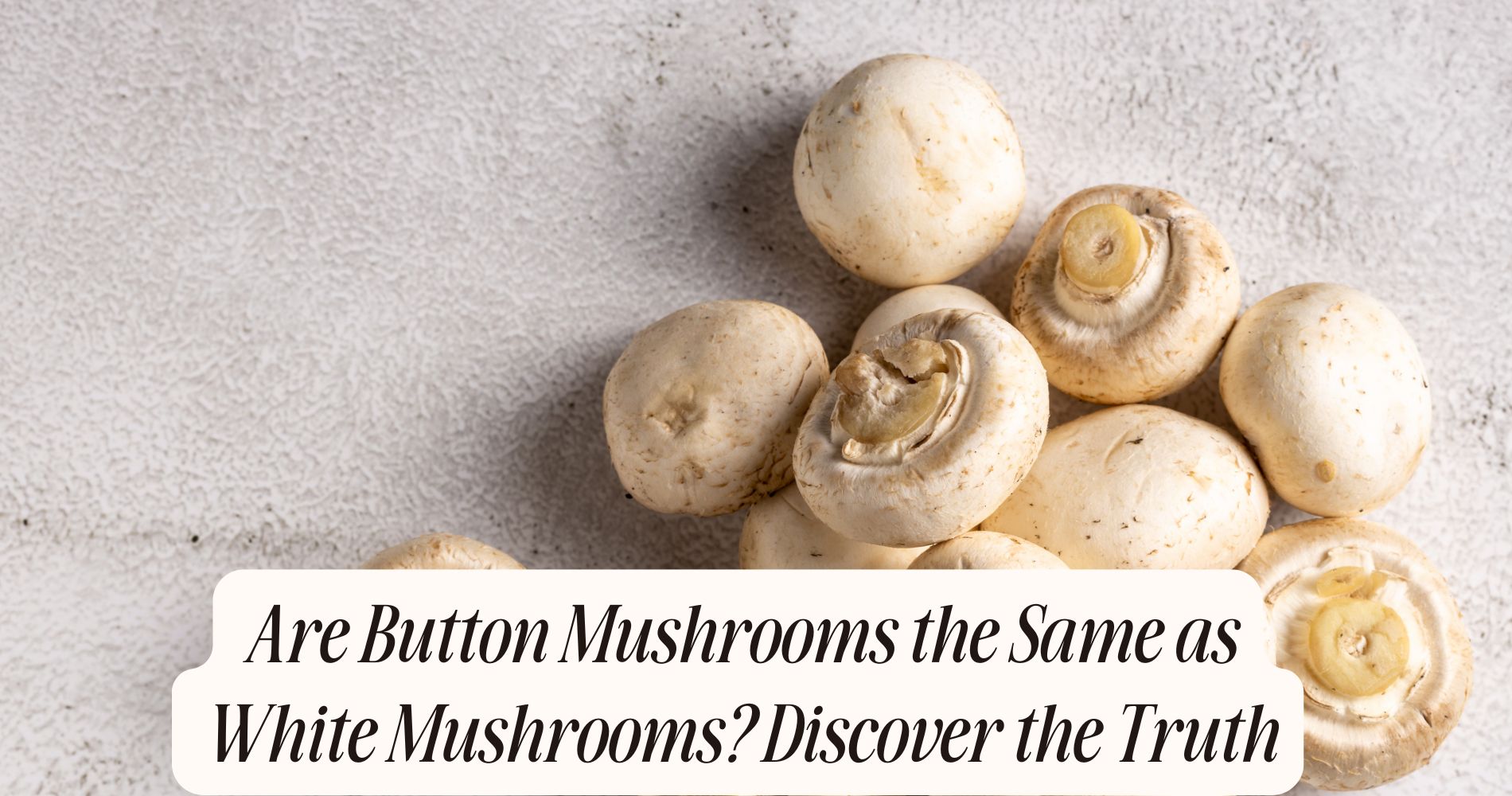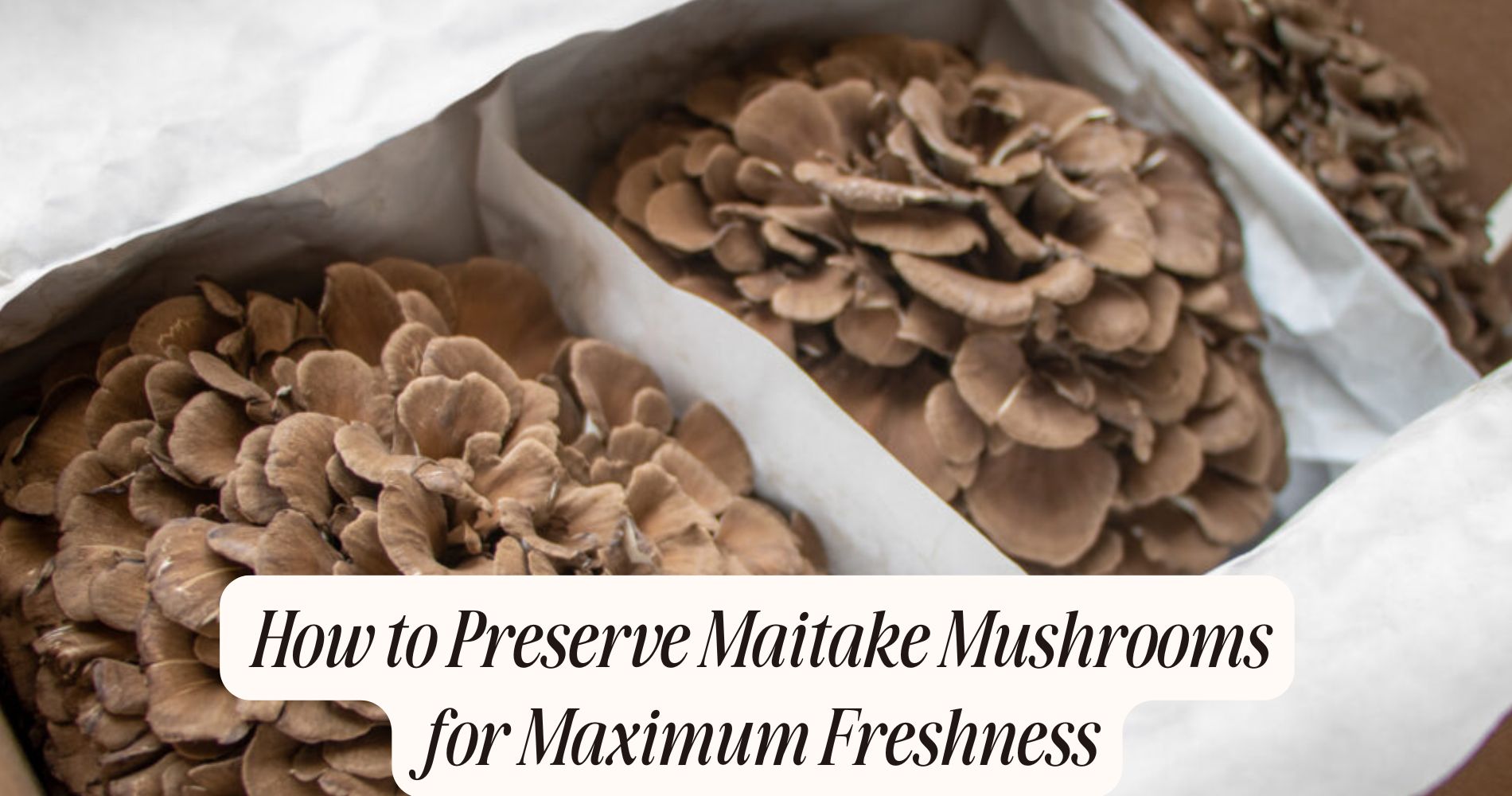
Amazing Health Benefits of Turkey Tail Mushrooms
Overview of Turkey Tail Mushrooms
Turkey tail mushrooms, scientifically known as Trametes versicolor, are a type of polypore fungus commonly found on decaying wood and in forest ecosystems around the world.
You'll notice these mushrooms by their fan-shaped, colorful caps that resemble the tail of a turkey. Their variety in coloration—from vibrant oranges and browns to muted greens—reflects the diversity of mushroom varieties within this species.
Turkey tail mushrooms play an essential ecological role by breaking down wood and recycling nutrients back into the soil. This decomposition process supports forest health, promoting biodiversity.

Regarding morphology, turkey tail features a distinct layered structure that's characteristic of polypores. Each layer, or shelf, contains mycelium, which is important for nutrient absorption and growth.
When studying turkey tail, consider its geographical distribution and preference for hardwoods, especially oak and maple. Understanding these factors can enhance your knowledge of its ecological significance.
Furthermore, the specific conditions under which turkey tail thrives—such as humidity and temperature—are critical for its growth and development. This insight into the biology of turkey tail mushrooms lays the foundation for exploring their potential health benefits.
Immune System Support
Support for immune system health is one of the most compelling benefits attributed to turkey tail mushrooms. These fungi contain polysaccharide-K (PSK) and polysaccharide peptide (PSP), compounds that actively enhance your immune response. Research shows that they stimulate the production of immune cells, such as T-cells and macrophages, which play vital roles in identifying and eliminating pathogens.
When you incorporate turkey tail mushrooms into your routine, you're fundamentally harnessing a powerful natural remedy. Studies indicate that PSK can modulate the immune system, making it more adept at fighting infections and even cancer cells. This modulation is particularly beneficial for individuals undergoing immunosuppressive therapies, as it helps restore immune functionality.
Moreover, turkey tail mushrooms are rich in beta-glucans, which further support your immune health by activating various immune pathways. By promoting a balanced immune response, these mushrooms help your body respond more effectively to potential threats, reducing the likelihood of illness.
Antioxidant Properties
Turkey tail mushrooms exhibit significant free radical scavenging abilities, which can enhance your body's defense against oxidative stress.
By neutralizing these harmful free radicals, these mushrooms not only contribute to overall cellular health but also support your immune system in the process.
Understanding these antioxidant properties can help you appreciate how turkey tail mushrooms might play an essential role in your wellness regimen.
Free Radical Scavenging
Numerous studies highlight the significant antioxidant properties of Turkey Tail mushrooms, which play an essential role in free radical scavenging. Free radicals, unstable molecules generated during metabolic processes or environmental exposure, can cause oxidative stress, leading to cellular damage and various chronic diseases. By incorporating Turkey Tail mushrooms into your diet, you may enhance your body's ability to combat these harmful free radicals.
Research indicates that polysaccharides, particularly polysaccharide-K (PSK) found in Turkey Tail, actively neutralize free radicals, reducing oxidative stress and promoting cellular health. Antioxidants present in these mushrooms scavenge free radicals, preventing them from causing cellular damage. This action helps maintain the integrity of your cells and supports overall health.

Furthermore, the synergistic effect of the variety of bioactive compounds in Turkey Tail mushrooms may amplify their antioxidant potential, making them a valuable addition to your wellness regimen. By consuming these mushrooms, you're not only benefiting from their unique flavor but also harnessing their powerful free radical scavenging abilities.
Regular consumption can contribute to a healthier oxidative balance in your body, ultimately supporting your long-term health.
Immune System Support
Many people seek natural ways to strengthen their immune system, and Turkey Tail mushrooms may offer a compelling option. These fungi are rich in polysaccharides, particularly polysaccharide K (PSK), which has been extensively studied for its immune-boosting properties. PSK enhances the activity of various immune cells, including macrophages and natural killer (NK) cells, enabling your body to respond more effectively to pathogens.
Turkey Tail mushrooms also contain powerful antioxidants like phenols and flavonoids. These compounds combat oxidative stress by neutralizing free radicals, which can weaken your immune system over time. By reducing the oxidative burden, Turkey Tail mushrooms help maintain cellular integrity, ensuring that your immune response remains robust.
Incorporating Turkey Tail into your diet can serve as a valuable addition to your arsenal of natural remedies. Whether consumed as a supplement or brewed into a tea, it provides a practical and effective means of supporting your immune health.
As research continues to reveal the potential of this mushroom, you might find it an important part of your wellness routine, reinforcing your body's defenses against illness and promoting overall health.
Gut Health Enhancement
Turkey tail mushrooms serve as an excellent source of prebiotics, which nourish beneficial gut bacteria and promote a balanced microbiome.
By enhancing the growth of these probiotics, they indirectly support your immune system, leading to improved overall health.
Incorporating turkey tail into your diet may consequently provide significant benefits for your gut health and immune function.
Prebiotic Properties
The prebiotic properties of turkey tail mushrooms play an essential role in enhancing gut health by promoting the growth of beneficial bacteria. These mushrooms are rich in prebiotic fibers, which serve as food for the good bacteria in your gut. When you consume turkey tail, these fibers ferment in your digestive system, stimulating the proliferation of probiotics, such as Lactobacillus and Bifidobacterium species.
This fermentation process not only increases the abundance of these beneficial microbes but also contributes to a healthier gut environment. As the beneficial bacteria flourish, you'll likely experience improved digestive benefits, including better nutrient absorption and reduced gastrointestinal discomfort. The balance of your gut microbiome can also be positively influenced, potentially reducing the risk of digestive disorders.
Moreover, the presence of prebiotic fibers in turkey tail mushrooms can enhance the production of short-chain fatty acids (SCFAs), which play a vital role in maintaining gut health. SCFAs help lower the pH in the colon, creating an unfavorable environment for harmful bacteria while nourishing the cells of the intestinal lining.
Immune System Support
Rich in polysaccharides, particularly beta-glucans, turkey tail mushrooms greatly bolster immune system function, enhancing the body's natural defenses. These polysaccharides are known to stimulate the activity of immune cells, such as macrophages and natural killer cells, which play vital roles in identifying and destroying pathogens.
By incorporating turkey tail mushrooms into your diet, you're engaging in a powerful immune-boosting strategy that can lead to remarkable health benefits.
Research indicates that the beta-glucans found in turkey tail mushrooms activate the immune response, increasing the production of cytokines—proteins that facilitate communication between immune cells. This heightened communication results in a more efficient immune response, essential for combating infections and diseases.

Additionally, turkey tail's rich antioxidant content helps protect your cells from oxidative stress, further supporting your immune system.
Moreover, the mushrooms also enhance gut health, which is closely linked to immune function. A healthy gut microbiome contributes considerably to your immune system's effectiveness.
Cancer Treatment Aid
While research is still ongoing, many studies suggest that turkey tail mushrooms (Trametes versicolor) may play a significant role as an adjunct in cancer treatment. This mushroom contains polysaccharide-K (PSK), a compound known to enhance the immune response, which can be particularly beneficial when combined with conventional cancer therapies.
Clinical trials have demonstrated that PSK may improve the effectiveness of treatments like chemotherapy and radiation, potentially leading to better patient outcomes. In several studies, patients receiving PSK alongside standard treatments exhibited improved survival rates and reduced recurrence of certain cancers, including colorectal and gastric cancers.
The mechanism appears to involve the stimulation of various immune cells, such as T-cells and natural killer cells, enhancing your body's ability to fight cancer cells.
Furthermore, turkey tail mushrooms may also help in managing side effects of traditional cancer treatments. For instance, they can alleviate symptoms like fatigue and improve overall quality of life during treatment.
As you explore options for cancer care, consider discussing the incorporation of turkey tail mushrooms with your healthcare provider, especially if you're interested in complementary approaches to enhance your treatment strategy.
Anti-Inflammatory Effects
In recent years, researchers have increasingly focused on the anti-inflammatory properties of turkey tail mushrooms (Trametes versicolor). These mushrooms contain various bioactive compounds, including polysaccharopeptides, which have demonstrated significant anti-inflammatory effects.
When you consume turkey tail mushrooms, these anti-inflammatory compounds can modulate your immune response, promoting inflammation reduction in your body.
Studies suggest that the polysaccharides found in turkey tail mushrooms may inhibit the production of pro-inflammatory cytokines. By doing so, they help to balance your immune system, reducing chronic inflammation often associated with conditions like arthritis and inflammatory bowel disease. This modulation can lead to improved overall health and a decreased risk of inflammation-related diseases.
Additionally, the antioxidant properties of turkey tail mushrooms complement their anti-inflammatory effects. They help neutralize free radicals, further protecting your cells from oxidative stress, which can exacerbate inflammation.
Incorporating turkey tail mushrooms into your diet mightn't only support your immune system but also contribute to a healthier inflammatory response, making them a valuable addition to your wellness regimen.
Rich Nutritional Profile
Turkey tail mushrooms not only offer significant anti-inflammatory benefits but also boast a rich nutritional profile that enhances their health-promoting qualities. These fungi are particularly notable for their high nutrient density, packed with vitamins, minerals, and antioxidants essential for overall health.
You'll find that turkey tail mushrooms contain B vitamins, including riboflavin and niacin, which play critical roles in energy metabolism and brain function.
Additionally, they're rich in polysaccharopeptides, which support the immune system and may help combat various diseases. Their fiber content can also aid digestion, promoting a healthy gut microbiome.

When it comes to culinary uses, you can incorporate turkey tail mushrooms into soups, teas, or powdered supplements, allowing you to enjoy their benefits in various forms.
Incorporating these mushrooms into your diet can elevate your nutrient intake while adding unique flavors to your meals. Their versatility allows you to experiment with different recipes, making it easy to take advantage of their health benefits.
Traditional Uses and History
Long before modern science validated their benefits, cultures around the world recognized turkey tail mushrooms for their medicinal properties. In traditional medicine, these fungi have been used for centuries, particularly in East Asian cultures. Ancient practices in China and Japan highlighted turkey tail's role in boosting immunity and treating respiratory ailments.
Turkeys tail mushrooms, known as "Trametes versicolor," were often brewed into teas or incorporated into herbal remedies. Indigenous tribes in North America utilized them for their purported healing effects, employing them to treat wounds and infections. Their vibrant colors and fan-like shape made them easily identifiable, reinforcing their significance in various healing traditions.
Research into the polysaccharides and antioxidants found within turkey tail has begun to bridge the gap between these ancient practices and contemporary health science.
You can appreciate how historical usage informs today's understanding of their potential benefits, including immune support and cancer therapy adjuncts. As you explore deeper into the rich tapestry of turkey tail's history, you'll uncover a narrative that underscores the importance of integrating traditional knowledge with modern research for holistic health approaches.
How to Incorporate Into Diet
Often overlooked in culinary applications, turkey tail mushrooms can be seamlessly incorporated into your diet to harness their health benefits. These fungi, rich in polysaccharides and antioxidants, can enhance your overall wellness when included in various dishes. One effective way to enjoy turkey tail is by utilizing turkey tail recipes that focus on their unique flavor and texture.
You can sauté dried turkey tail mushrooms in olive oil and add them to soups and stews. This method preserves their beneficial compounds while enhancing the dish's umami profile.
Alternatively, consider blending turkey tail into mushroom smoothies. The earthy flavor can easily complement fruits like bananas and berries, creating a nutrient-packed beverage.
When preparing turkey tail, make certain you source high-quality, organic options, preferably in a powdered form for easier digestion and absorption.
Start with small amounts, such as a teaspoon in your smoothie or a tablespoon in your soup, gradually increasing as your palate adjusts.
Unlock Wellness with SUPER MUSHROOM GUMMIES
If you're intrigued by the health benefits of turkey tail mushrooms, Well Gummies' SUPER MUSHROOM GUMMIES offer a convenient way to enjoy them and more. Each vegan gummy is packed with 10 functional mushroom types, including turkey tail, to boost immunity, support gut health, and provide sustained energy. With a delicious fresh wild berry flavor, these gummies are as enjoyable as candy and fit seamlessly into your daily routine. Experience the power of turkey tail and other mushrooms effortlessly with SUPER MUSHROOM GUMMIES—no prep, no hassle, just natural wellness!
Frequently Asked Questions
Are There Any Side Effects of Consuming Turkey Tail Mushrooms?
When consuming Turkey Tail mushrooms, you might experience mild side effects, such as gastrointestinal discomfort or allergic reactions. It's essential to monitor your body's response and consult a healthcare professional if any adverse effects occur.
Can Turkey Tail Mushrooms Interact With Medications?
Yes, turkey tail mushrooms can interact with medications, particularly those metabolized by the liver. If you're taking other herbal supplements or prescription drugs, consult your healthcare provider to avoid potential drug interactions and guarantee safety.
How Should Turkey Tail Mushrooms Be Stored?
To store turkey tail mushrooms effectively, use drying techniques to reduce moisture. Place the dried mushrooms in airtight storage containers, keeping them in a cool, dark place to maintain potency and prevent degradation over time.
Are Turkey Tail Mushrooms Safe for Children?
Turkey tail mushrooms are generally safe for children, but it's crucial to consult a pediatrician before introducing them. Proper dosages and potential allergies should be considered to guarantee children's safety and overall well-being.
Can Pregnant Women Consume Turkey Tail Mushrooms?
Pregnant women should consult healthcare providers before consuming turkey tail mushrooms. While they possess nutritional value, adhering to safety guidelines is essential to guarantee no adverse effects on both mother and developing fetus during pregnancy.
Conclusion
Incorporating turkey tail mushrooms into your diet can greatly enhance your overall health. Their immune-boosting properties, rich antioxidant content, and support for gut health make them a valuable addition to your wellness routine. Additionally, their potential role in cancer treatment and anti-inflammatory effects further underscore their importance. With a rich nutritional profile and a long history of traditional use, turkey tail mushrooms offer a holistic approach to health that's both beneficial and easily accessible.




